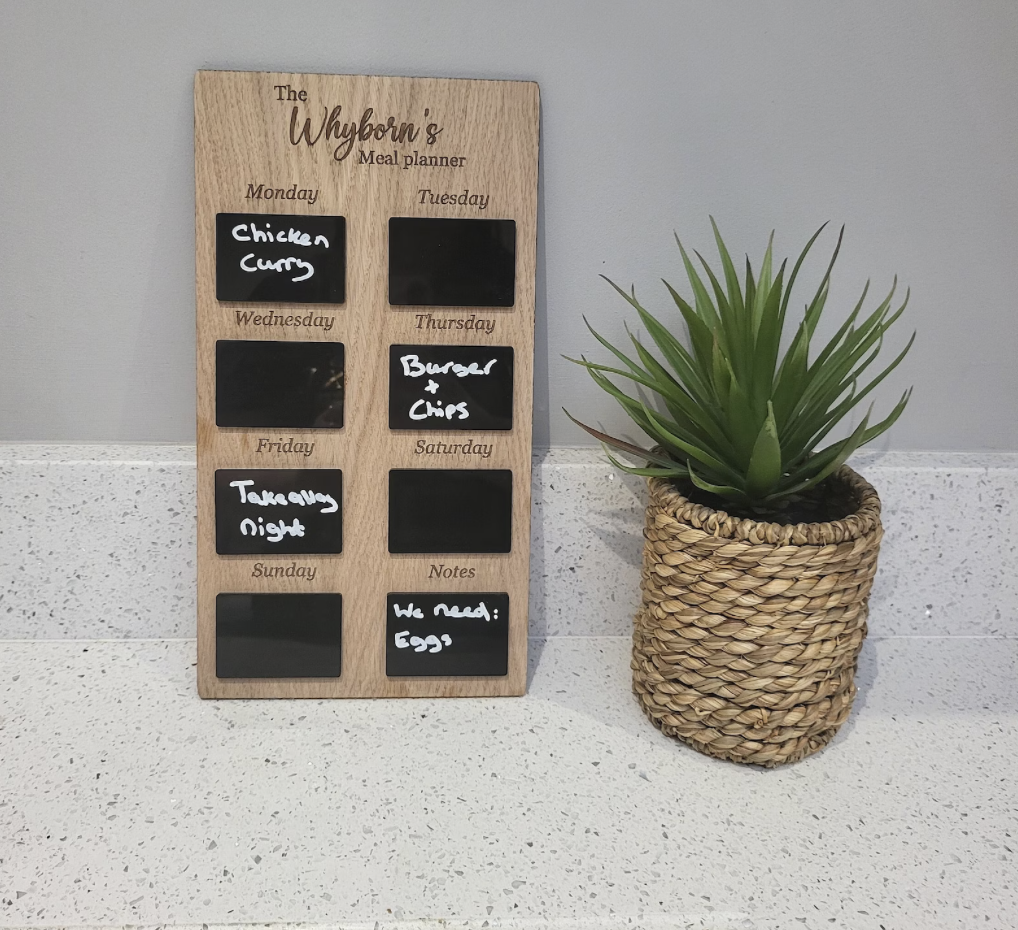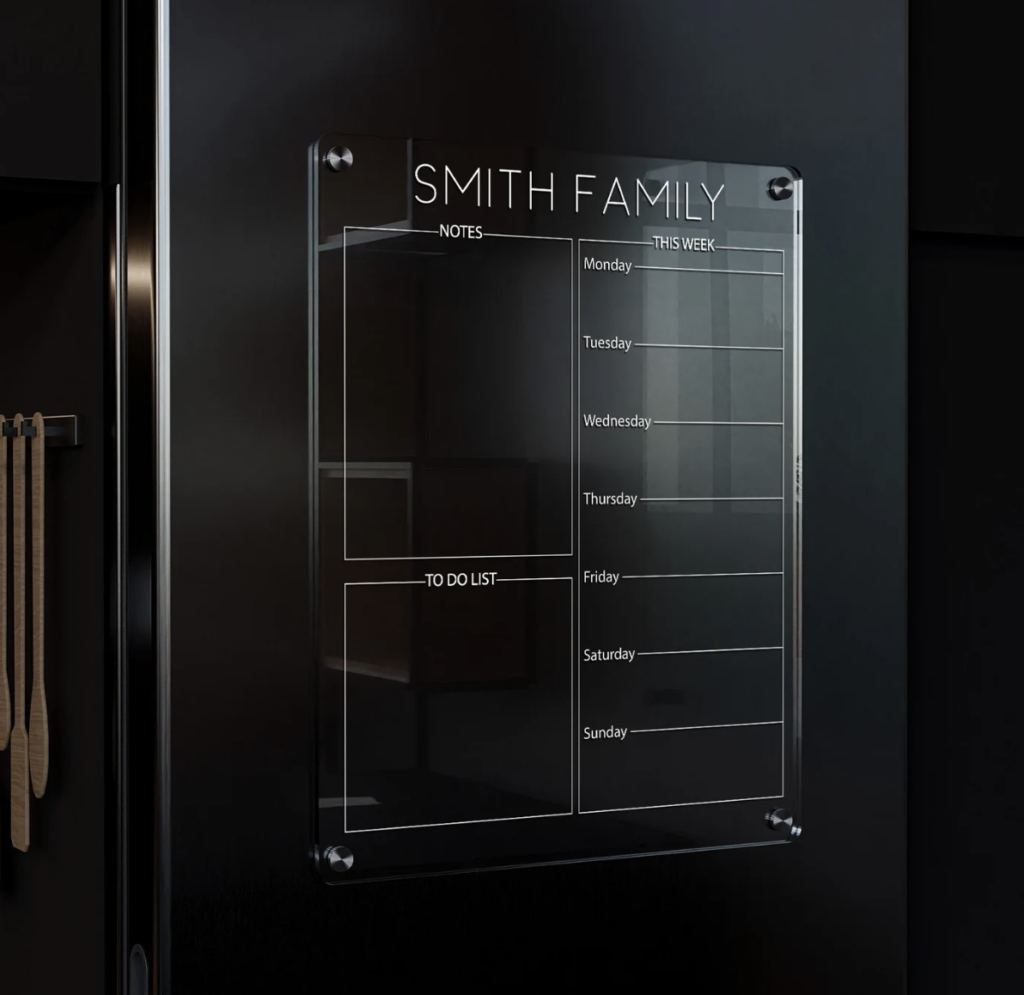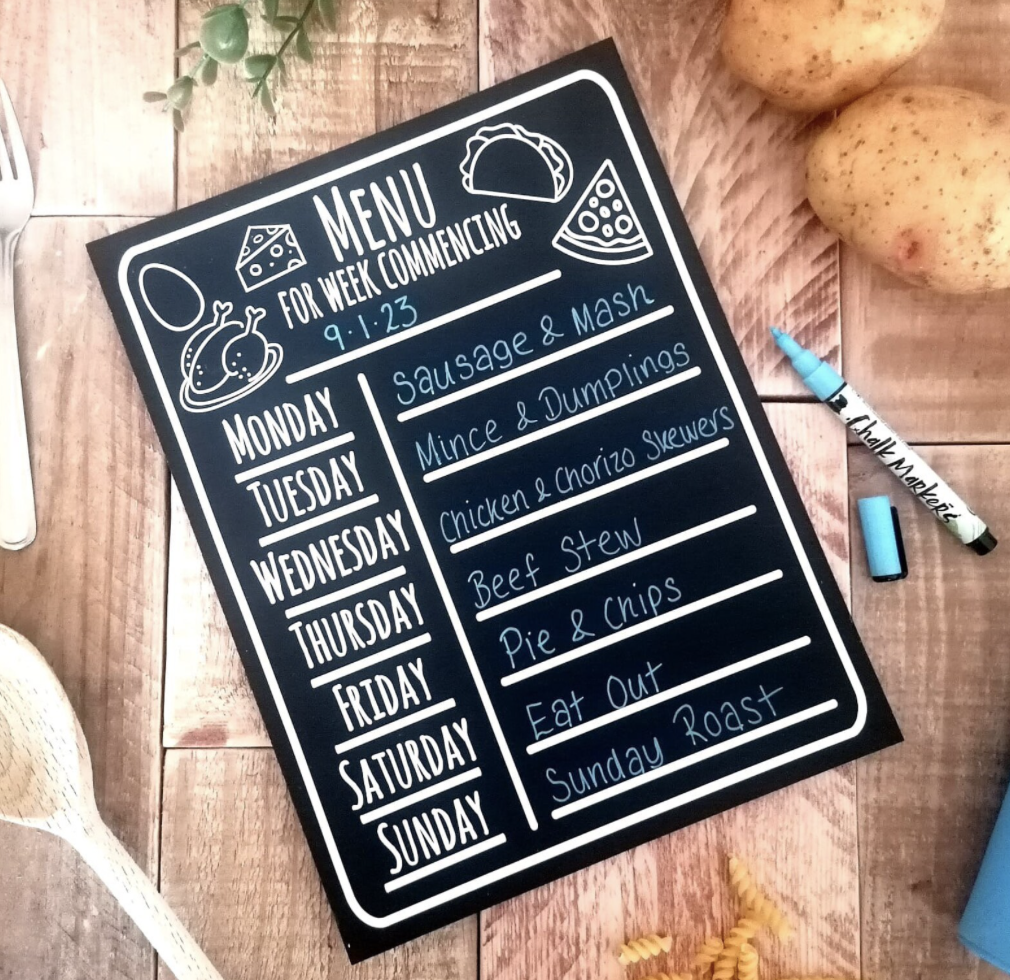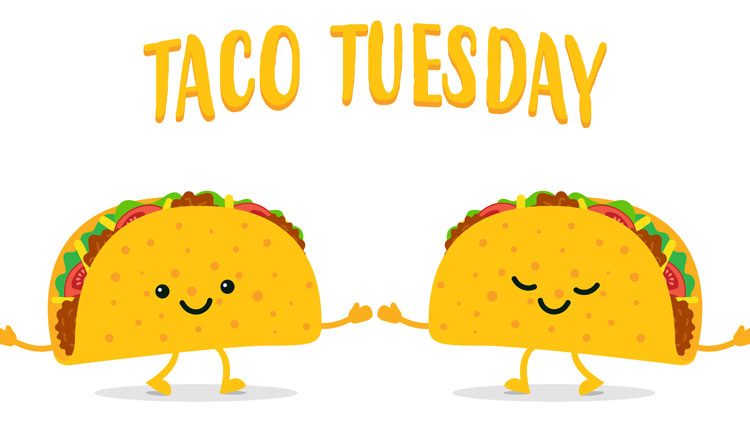Meal Planning: Become an Expert with these Top 10 Tips – Fatgirlskinny.net
Do you find yourself staring into your fridge at 5 PM, wondering what on earth to make for dinner? Or perhaps you’re tired of wasting food and money on last-minute takeaways? It’s time to embrace the magic of meal planning! In this blog post, I will walk you through 10 top tips that will help you become a meal-planning maestro.
From saving time and money to reducing food waste and enjoying healthier meals, meal planning has a host of benefits. So, let’s dive into the world of organized cooking and make your mealtime stress-free and satisfying!
Meal planning: it’s like playing Tetris with groceries, making lists longer than Shakespearean sonnets, and discovering that you mysteriously own seven different types of pasta. But fear not, for in this chaos, you find order, in those lists, you find sanity, and in those pasta varieties, you find endless culinary possibilities.
Meal planning, where fridge raids turn into gourmet adventures and kitchen disasters into delicious triumphs. Join the meal planning madness and let’s make grocery shopping feel like a quest and dinner prep an epic tale!
1. Set Realistic Goals:
Meal planning is not just about what you eat but also about how you approach your dietary goals. Setting realistic goals is a crucial aspect of successful meal planning. When you establish achievable objectives, you’re more likely to stay motivated and on track. Rather than aiming for drastic changes overnight, start with small, manageable steps.
Whether it’s incorporating more vegetables into your meals or reducing sugary snacks, these realistic goals are easier to implement and sustain. As you consistently meet these milestones, you’ll build confidence and gradually develop healthier eating habits. By setting realistic targets in your meal planning, you set yourself up for long-term success and a more balanced and fulfilling relationship with food.
2. Choose a planning day:
Dedicating one day a week to meal planning can be a game-changer for your dietary habits. This practice helps you stay organized and make healthier choices throughout the week. On your planning day, you can create a menu, make a shopping list, and prep ingredients or meals in advance. Having a clear plan reduces the temptation to grab fast food or unhealthy snacks when you’re pressed for time during the week.
3. Take Inventory:
Taking inventory of your kitchen before meal planning is a smart starting point. This step allows you to assess what ingredients you already have, helping you avoid unnecessary purchases and food waste. By knowing what staples like leftovers, pasta, rice, proteins, and canned goods are on hand, you can plan meals that incorporate these items and save money in the process.
Additionally, taking stock of perishables helps you prioritize using items that may spoil soon, reducing food waste and ensuring you get the most out of your groceries. Taking inventory not only streamlines your meal planning process but also promotes a more efficient and sustainable approach to cooking and eating.
4. Plan Balanced Meals:
Planning balanced meals is the cornerstone of effective meal planning. When you focus on creating well-rounded dishes that include a variety of food groups, you ensure that you’re getting a wide range of essential nutrients. A balanced meal typically consists of lean proteins, whole grains, plenty of colorful vegetables, and healthy fats.
This combination provides the necessary vitamins, minerals, fiber, and protein to support your overall health and keep you feeling satisfied. Moreover, balanced meals help regulate blood sugar levels, preventing energy crashes and sugar cravings. By prioritizing balance in your meal planning, you not only promote better nutrition but also cultivate sustainable and healthy eating habits over the long term.
5. Batch Cook and Freeze:
Batch cooking and freezing is a meal planning strategy that can save you time, money, and stress. By preparing larger quantities of your favorite dishes and freezing individual portions, you create a convenient supply of homemade, ready-to-eat meals. This approach not only streamlines your daily cooking routine but also ensures you always have a healthy option available, reducing the temptation to order takeout or indulge in less nutritious convenience foods.
Batch cooking also minimizes food waste as you can use up ingredients before they expire. Whether it’s soups, stews, casseroles, or even individual components like cooked grains or roasted vegetables, freezing can be a game-changer in maintaining a balanced diet, even on your busiest days.
Related Article: Batch cook-friendly recipes from Fatgirlskinny
6. Use a Meal Planner or App:
Utilizing a meal planner board or an app can greatly enhance your meal planning efforts, especially when involving the whole family. A meal planner board prominently displayed in your kitchen allows everyone to see what’s on the menu for the week, fostering a sense of anticipation and participation. It also encourages healthier choices as a family.
Alternatively, meal planning apps offer the convenience of digital organization, making it easier to create shopping lists, access recipes, and even set reminders for meal prep. Both options promote communication about dietary preferences, allergies, and scheduling, ensuring that everyone’s needs are considered.
Whether you prefer the tactile feel of a physical board or the digital ease of an app, involving the whole family in meal planning fosters a collaborative and enjoyable approach to eating well together.
7. Shop with Purpose:
Sticking to your shopping list is a fundamental aspect of successful meal planning. When you’ve carefully crafted a list based on your meal plan, you’re less likely to make impulse purchases or grab unhealthy snacks at the grocery store. It helps you stay focused buying only what you need for your planned meals, reducing food waste, and saving money.
Additionally, adhering to your list ensures that you have all the ingredients required for your balanced and nutritious meals, which means you’re more likely to follow through with your meal plan. So, next time you head to the shop, remember to stay disciplined and stick to that well-thought-out shopping list for a more successful and healthier meal-planning journey.
8. Embrace Theme Nights:
Incorporating meal theme nights, like Taco Tuesdays or any other creative theme, can infuse excitement and structure into your meal planning routine. These themed nights provide a fun way to explore different cuisines, experiment with new recipes, and engage the whole family in the meal-planning process. It also simplifies decision-making by assigning specific types of meals to particular days of the week.
For example, Taco Tuesday can be a designated night for Mexican-inspired dishes, making it easier to plan and shop for those ingredients. Overall, theme nights add variety and anticipation to your weekly meals, making meal planning not just about nutrition but also about fostering enjoyable and memorable dining experiences.
9. Get the Family Involved:
Getting the family involved in meal planning is a fantastic way to encourage healthier eating habits and strengthen family bonds. When everyone has a say in meal choices, it empowers individuals to make nutritious decisions and can accommodate dietary preferences or restrictions. It also provides a chance for shared responsibilities, such as grocery shopping or meal prep, creating a sense of togetherness and cooperation.
Additionally, involving children in the planning process can be an excellent opportunity to teach them about the importance of balanced nutrition and food preparation skills. Overall, when the whole family participates in meal planning, it becomes a collaborative effort that not only promotes healthier eating but also fosters quality family time around the dinner table.
10. Be Flexible:
While meal planning is a valuable tool for maintaining a healthy diet, it’s essential to remain flexible. Life is unpredictable, and there may be days when your plans don’t go as intended. Instead of feeling discouraged, adapt and make the best choices you can with the resources and time available.
Being flexible in your meal planning allows for spontaneity and the occasional indulgence, preventing the plan from becoming overly rigid or stressful. Remember that the ultimate goal is not perfection but overall better nutrition and a balanced diet. So, stay adaptable, and view meal planning as a guideline rather than a strict rule, ensuring it remains a sustainable and enjoyable part of your lifestyle.
To Conclude:
Meal planning is a powerful tool that can simplify your life, save you money, and help you eat healthier. Whether you’re a meal planning novice or a seasoned pro, these tips will set you on the path to mealtime success. So, grab your apron and get ready to embrace the joy of organized cooking! 🍴📅🥦








